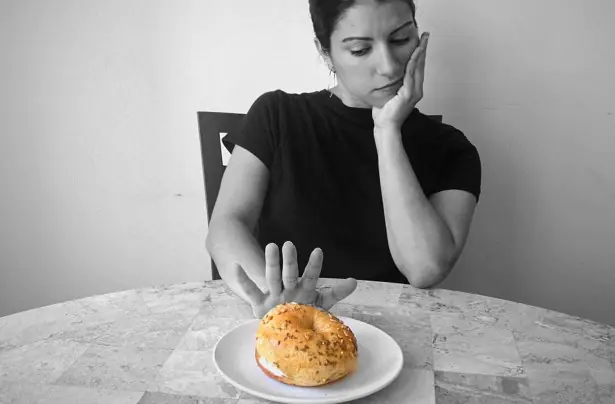Gluten is a protein found in grains, especially wheat, rye, oats and barley. It is widely used in the food industry to give products the desired structure and consistency. Lately, we have been hearing more and more about gluten-free diets that claim that gluten is harmful. But how true is this?
There is a theory that many people may be gluten intolerant, and avoiding it may lead to improved well-being and weight loss. However, in reality, gluten is only dangerous for people with a gluten intolerance, called celiac disease. This is a serious disease in which a person's immune system attacks intestinal cells and can lead to serious consequences such as malabsorption of nutrients and damage to the intestines.
Symptoms of celiac disease can vary, but most commonly include chronic diarrhea or constipation, chronic pain and flatulence in the intestines, unexplained weight loss or chronic excessive thinness, anemia and chronic fatigue. If you suspect you have a gluten intolerance, consult your doctor. There is no need to eliminate gluten from your diet on your own, as this may give unclear test results.
It is important to understand that gluten does not harm healthy people. Many of the trendy gluten-free foods promoted in health food stores may even contribute to weight gain. This is because these foods may contain more fat and sugar than regular foods, and people who eat them may think they are completely healthy and may not be in control of their diet.
Remember that gluten-free foods are not always healthier than regular foods. If after a plate of pasta for lunch or a bun with tea you are not bothered by abdominal pain and flatulence, then you should not bother about gluten-free nutrition. It must be remembered that in addition to solving real problems, the production of “healthy” products is also a smart marketing move.
In conclusion, gluten intolerance is a real condition that needs to be diagnosed and treated under the guidance of a doctor. Healthy people do not need to eliminate gluten from their diet, and you should not rely on gluten-free products unless you have a proven medical condition. It should be remembered that it is important to monitor nutritional balance, include a variety of foods in your diet and consume all types of food in moderation, including foods containing gluten. If you suspect you may have a gluten intolerance, see your doctor for a diagnosis and recommendations for treatment and dietary changes.



